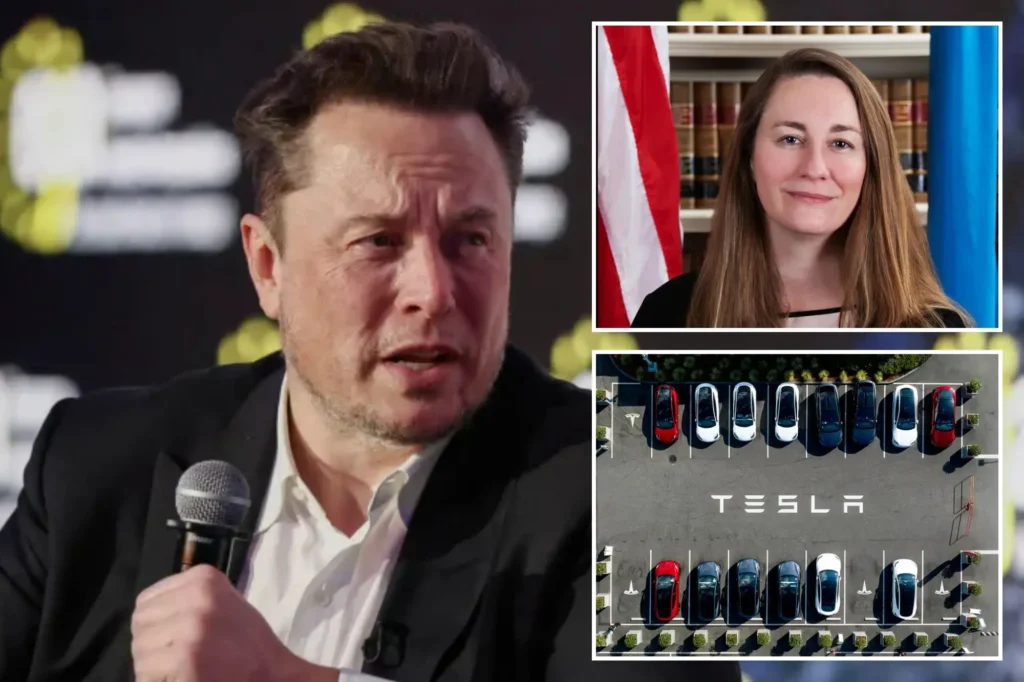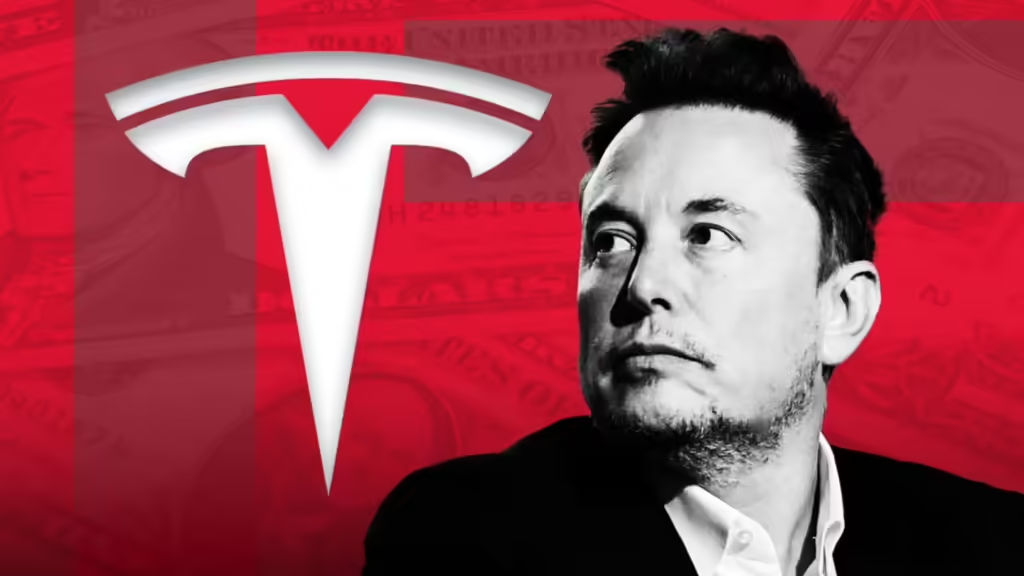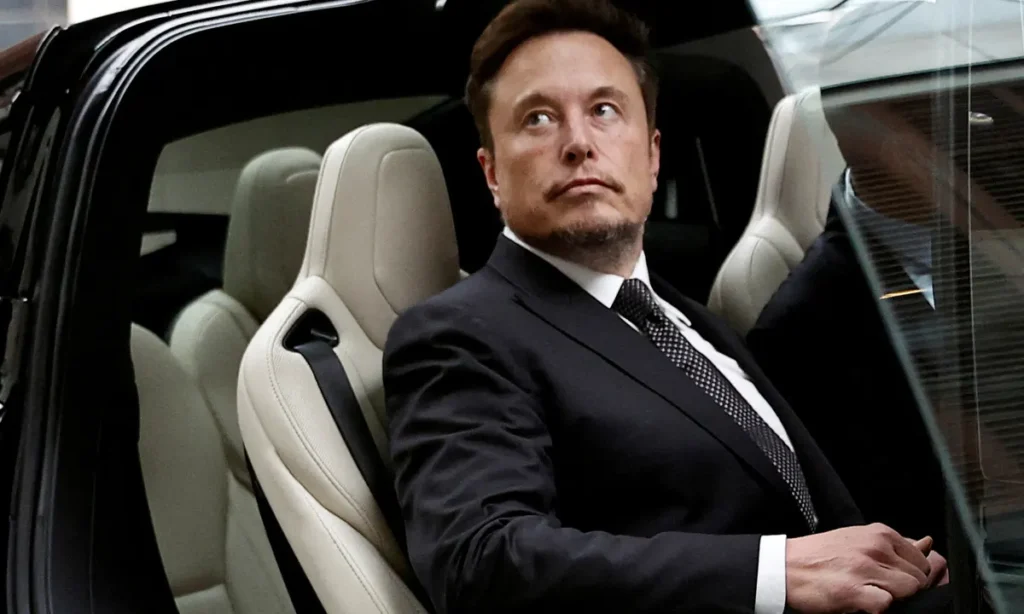Elon Musk, often described as the mercurial multibillionaire at the helm of Tesla, has been the focal point of a significant compensation scheme that puts other top company earnings in the shadows. In 2018, Tesla’s board initiated a plan that could potentially grant Elon Musk shares worth an astonishing $46 billion over a decade, contingent upon the company achieving specific performance milestones.

Judicial Scrutiny and Shareholder Backlash
This grand financial arrangement, however, has not been without its controversies. Earlier this year, a Delaware judge invalidated this compensation package, labelling it “unfathomable.” The decision came after a shareholder challenge, sparking a broader debate on executive remunerations. Despite this setback, Tesla has called upon its investors to reaffirm their support for Musk’s pay plan during the upcoming annual general meeting on June 13th.
Comparative Analysis: Elon Musk vs. Other Industry Titans
The scale of Elon Musk’s potential earnings is nearly 300 times greater than that of America’s highest-paid CEO, Hock Tan of Broadcom, who leads a major chip manufacturing company. Furthermore, Musk’s pay package represents about 8% of Tesla’s current market valuation. This is particularly notable as Tesla’s market value has witnessed a decline of approximately 20% over the past year.

Market Implications and Investor Outlook
As Tesla prepares for its crucial general meeting, the eyes of the world are not just on Musk, but on the strategic direction of the company itself. The outcome could have profound implications for investor confidence and Tesla’s market positioning, especially in a time when its valuation has faced downward pressure.

The debate over Elon Musk’s compensation is more than just a discussion about numbers; it’s a litmus test for corporate governance, executive accountability, and the balance between ambitious leadership and shareholder value in the modern corporate landscape.










